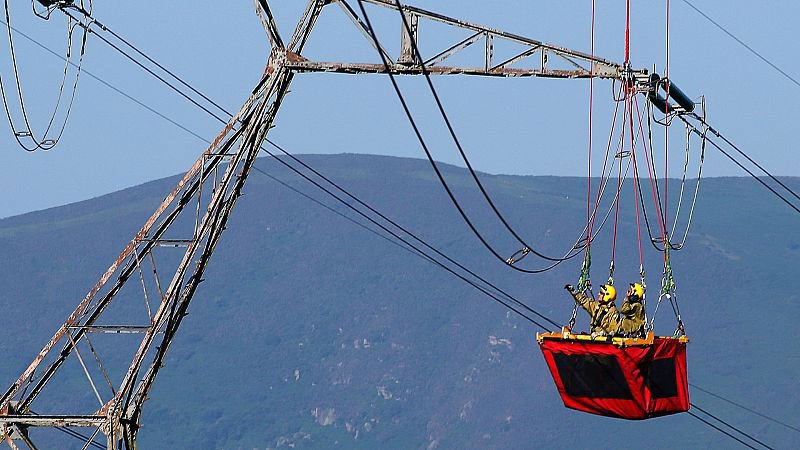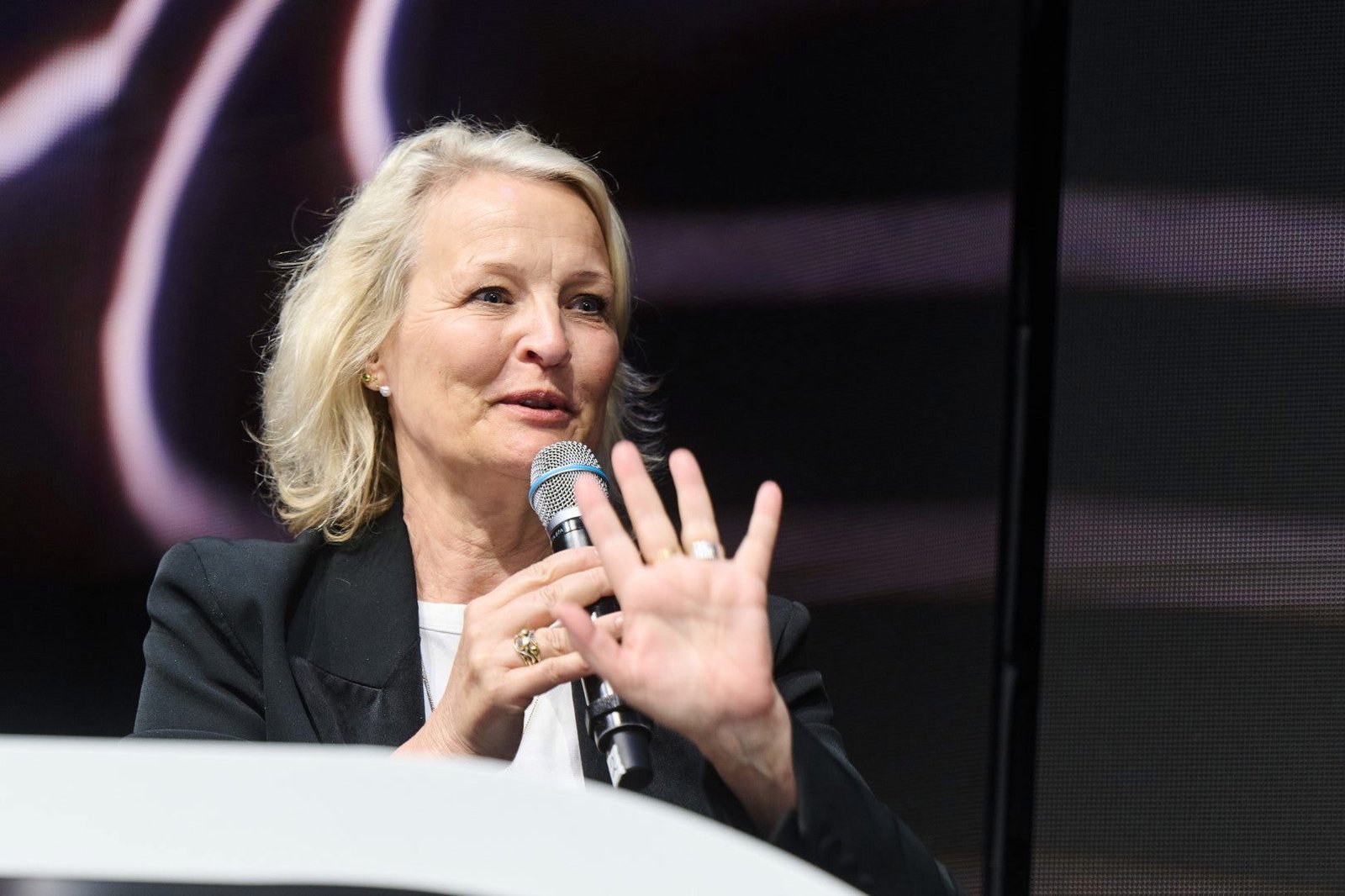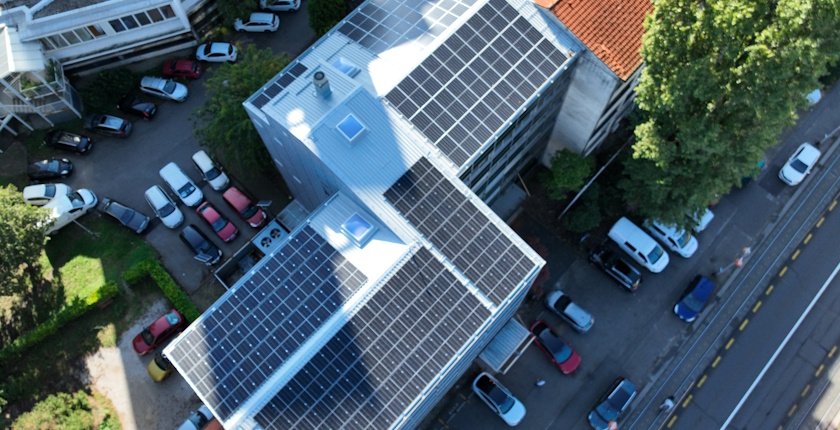A recent report highlights the inadequacy of Europe’s electricity grid in supporting the transition to renewable energy. The study, conducted by Beyond Fossil Fuels, E3G, Ember, and the Institute for Energy Economics and Financial Analysis, assessed 32 electricity transmission system operators across 28 countries. With the European Union (EU) committing to eliminate remaining Russian fossil fuels by 2027, the need for an upgraded grid is critical to facilitate homegrown green energy.
Over 1,700 gigawatts (GW) of renewable energy projects are currently awaiting connection to the grid in 16 countries. This figure is more than three times the capacity required for the EU to meet its energy and climate goals for 2030. The UK tops the list with 722 GW of wind and solar projects in limbo, followed by Finland with 400 GW, Italy with 348 GW, and Germany with 70 GW.
In 2024, an estimated €7.2 billion in renewable energy was lost across seven countries due to grid limitations. Limited data from transmission system operators indicates that Germany alone wasted €3.3 billion worth of wind and solar energy last year, while Spain incurred losses of up to €2.5 billion.
The report warns that without improvements to planning and regulations for grid upgrades, Europe may face a scenario where reliance on fossil fuels is deemed necessary because operators have not adapted to a renewable-based system. Only five grid operators are preparing for a fully decarbonized grid by 2035: EirGrid in Ireland, Energinet in Denmark, Fingrid in Finland, National Grid in the UK, and Litgrid in Lithuania. This lack of preparedness exists despite 13 countries having set clean power targets for that same timeframe.
Juliet Phillips, an energy campaigner at Beyond Fossil Fuels, emphasizes the urgency for governments to remove bureaucratic obstacles that delay the connection of renewable projects to the grid. She suggests that empowering transmission system operators with a climate mandate could lead to the necessary long-term investments and planning for future energy systems. Phillips states, “It’s the only way to break free from fossil fuel imports and reduce bills and emissions.”
Vilislava Ivanova, a research manager at E3G, calls for clear political signals from governments to grid operators about the urgency of meeting climate targets. She argues that political leadership, independent governance, and strong incentives are essential to transforming grids into facilitators of a clean energy future rather than obstacles.
As Europe continues its transition to renewable energy, addressing the shortcomings of the electricity grid will be essential to achieving environmental goals and ensuring energy security.




